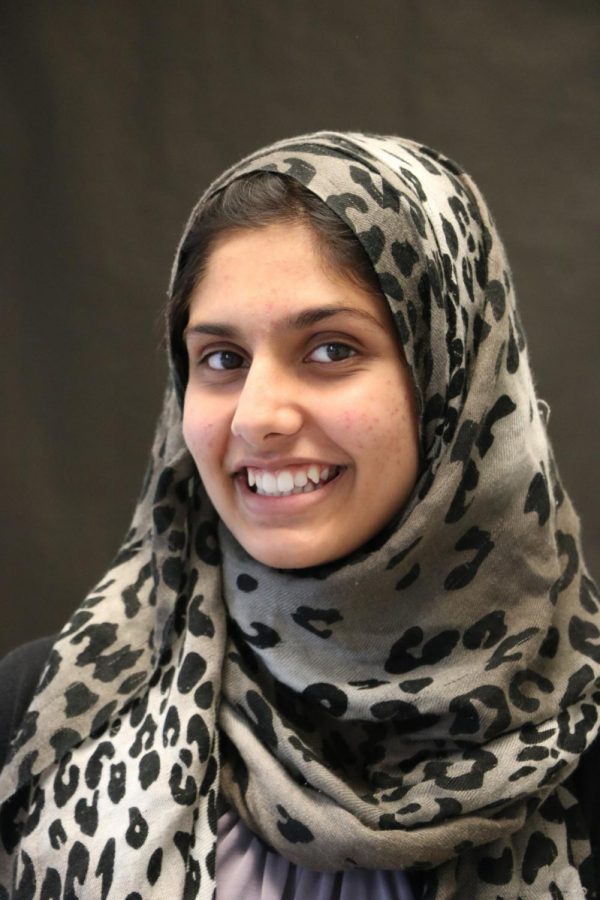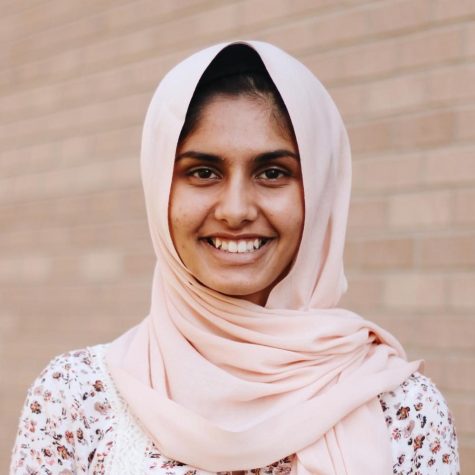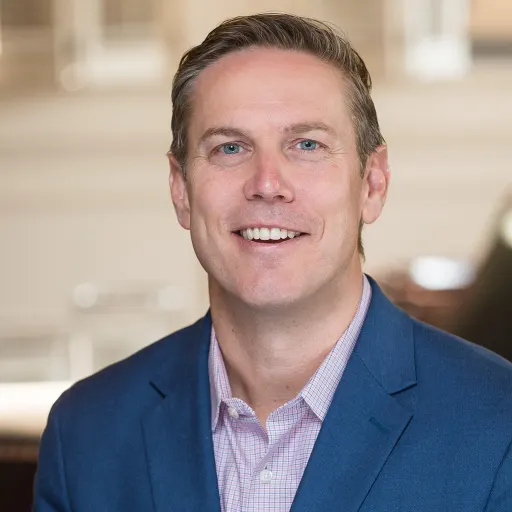Controversy in classrooms
November 5, 2018
When controversial issues are brought up in schools, we shift in our desks, become rigid in our chairs and go completely silent. Any sort of hot-topic issue makes us shut down in order to avoid offending someone. This response to controversy needs to change so we can feel more comfortable talking about current issues, without allowing fear to govern our opinions.
As a freshman advisor, I’m able to directly witness this often uncomfortable reaction in my advisory class. After a few moments of awkwardness where no one is willing to say anything, we usually move on to a more comfortable topic, dismissing the controversial one to never be discussed.
Working together, our academic community can ease this discomfort by facilitating intellectual discussions of these sensitive topics. As the next generation of thinkers, we should be able to address any sort of issues and work together to solve them.
When it comes time for us to leave the sheltered, rigid environment of high school and face the outside world, the plurality of controversial ideas that will surround us on a daily basis will continue to evoke anxiety, outrage and easily offend us. As much as learning geometry or literature is important, learning tolerance and the ability to respectfully disagree will follow us into the future more often.
Just recently, the district implemented a mandatory “Signs of Suicide” course where counselors addressed suicide in an upfront manner. Even though the course stimulated awareness among students, some students still felt uncomfortable answering questions and discussing them. We need to know that no matter how controversial our thoughts may seem, school should be a proper setting to voice our opinions.
Teachers can simultaneously express their views and monitor heated conversations. In classes, they can run open seminars or more student-led discussions, as long as the conversations remain civilized. Teachers must take the plunge into controversy by delving deeper into bigger issues.
It can also be unfair when a teacher pretends we can’t see or hear the major societal events occuring outside the classroom. Believe it or not, I also witnessed new Supreme Court Justice Brett Kavanaugh’s confirmation amidst the sexual assault accusations.
I also read about ‘Punish a Muslim Day’ as it covered headlines in the media. As a Muslim myself, I remember suppressing the feelings of disgust, outrage and fear at school to avoid making others uncomfortable. Even though discussing it initially would have provoked discomfort, I ultimately realize now that talking about it in a classroom would’ve comforted me and shown me that our school community cares about such matters.
In the past, the Northwest community has collectively addressed nationwide issues such as gun violence through the “March for Our Lives” protest. Not only did this bring attention to the problem, it let us know that the rest of the student body cares about our opinions.
Let’s stop tiptoeing around the issues that flood the media and our homes. Instead, let’s encourage people to use their voices and discuss conflicts in a well thought-out academic environment so various perspectives can be shared and change can be implemented.
We need to debate issues we can relate to and are passionate about, no matter how controversial they are. It all starts among teachers and students within the classroom.









